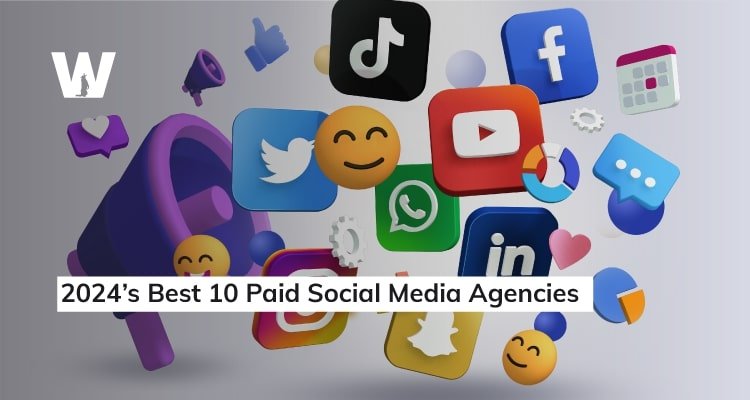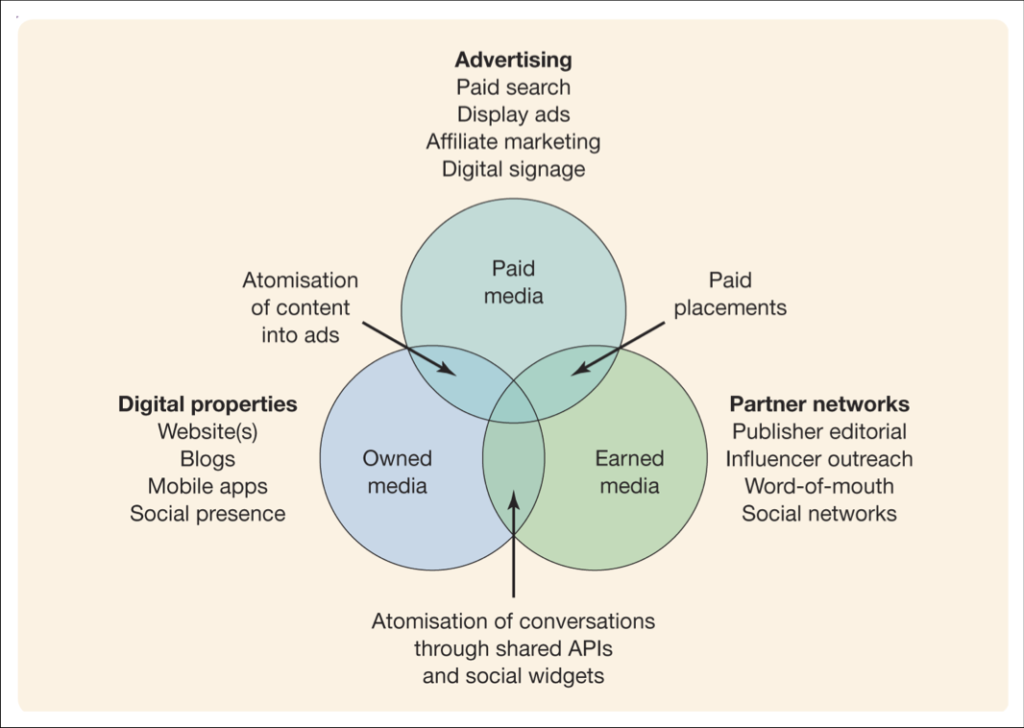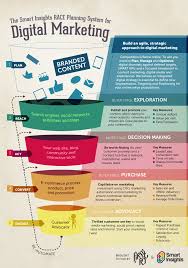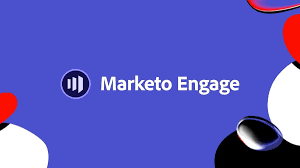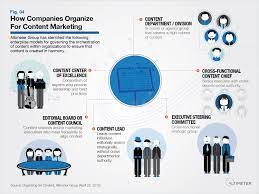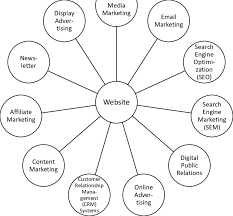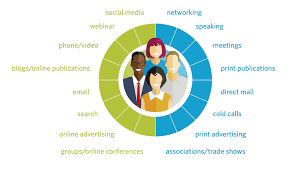The Power of a Paid Social Media Agency
In today’s digital age, social media has become a powerful tool for businesses to connect with their target audience and drive engagement. While organic reach is essential, the competition for visibility on social platforms is fierce. This is where a paid social media agency can make a significant difference.
What is a Paid Social Media Agency?
A paid social media agency specialises in creating and managing paid advertising campaigns on various social media platforms such as Facebook, Instagram, Twitter, LinkedIn, and more. These agencies have the expertise to optimise ad performance, target specific audiences, and maximise return on investment (ROI) for businesses.
The Benefits of Hiring a Paid Social Media Agency
Targeted Advertising: A paid social media agency can help businesses reach their ideal customers by targeting specific demographics, interests, behaviours, and more. This targeted approach increases the likelihood of conversions and maximises ad efficiency.
Expertise in Ad Creation: Crafting compelling ad copy and eye-catching visuals is crucial for capturing audience attention on social media. A paid social media agency has the creative skills and experience to design effective ads that resonate with your target market.
Data-Driven Strategies: Paid social media agencies utilise data analytics to track ad performance, measure key metrics, and make data-driven decisions to optimise campaigns for better results. This analytical approach ensures that advertising budgets are allocated wisely for maximum impact.
Conclusion
Investing in a paid social media agency can be a game-changer for businesses looking to elevate their online presence and drive tangible results through targeted advertising campaigns. By leveraging the expertise of professionals in the field, businesses can unlock the full potential of social media marketing and achieve their business objectives effectively.
7 Essential Tips for Choosing and Working with a Paid Social Media Agency in the UK
- Clearly define your goals and objectives before hiring a paid social media agency.
- Research and compare different agencies to find one that aligns with your brand values and target audience.
- Set a realistic budget for your paid social media campaigns to ensure effective results.
- Ask the agency about their past experience and success stories in managing paid social media campaigns.
- Establish open communication channels with the agency to provide feedback and track progress regularly.
- Monitor key performance indicators (KPIs) to evaluate the effectiveness of the agency’s work and make data-driven decisions.
- Regularly review and assess the performance of the paid social media agency to ensure they are meeting your expectations.
Clearly define your goals and objectives before hiring a paid social media agency.
Before engaging the services of a paid social media agency, it is crucial to clearly define your goals and objectives. By establishing specific targets such as increasing brand awareness, driving website traffic, or generating leads, you provide the agency with a clear direction to tailor their strategies towards achieving your desired outcomes. This proactive approach not only ensures that both parties are aligned on expectations but also sets the foundation for a successful partnership focused on delivering measurable results in line with your business objectives.
Research and compare different agencies to find one that aligns with your brand values and target audience.
When considering hiring a paid social media agency, it is crucial to conduct thorough research and compare multiple agencies to identify the one that best aligns with your brand values and target audience. By carefully evaluating their expertise, approach, and past performance, you can ensure that the chosen agency has the capabilities to effectively represent your brand and engage with your desired audience on social media platforms. Making an informed decision based on this research can lead to a successful partnership that drives meaningful results for your business.
Set a realistic budget for your paid social media campaigns to ensure effective results.
Setting a realistic budget for your paid social media campaigns is crucial to achieving effective results. By allocating the right amount of resources, you can maximise the impact of your advertising efforts and reach your target audience more efficiently. A well-planned budget allows you to test different strategies, monitor performance metrics, and make data-driven decisions to optimise your campaigns for success. With a realistic budget in place, you can ensure that your paid social media agency can implement effective tactics that align with your business goals and deliver measurable outcomes.
Ask the agency about their past experience and success stories in managing paid social media campaigns.
When considering hiring a paid social media agency, it is crucial to inquire about their past experience and success stories in managing paid social media campaigns. By asking the agency to provide insights into their previous projects and achievements, you can gain valuable information about their track record and capabilities. Understanding how they have helped other businesses achieve their goals through effective paid social media strategies can give you confidence in their expertise and ability to deliver results for your own campaign.
Establish open communication channels with the agency to provide feedback and track progress regularly.
Establishing open communication channels with the paid social media agency is crucial for ensuring the success of your advertising campaigns. By providing feedback and tracking progress regularly, you can actively participate in shaping the direction of your ads and strategies. This collaborative approach allows for adjustments to be made swiftly based on performance data and insights, ultimately leading to more effective and targeted social media advertising that aligns with your business goals.
Monitor key performance indicators (KPIs) to evaluate the effectiveness of the agency’s work and make data-driven decisions.
Monitoring key performance indicators (KPIs) is crucial when evaluating the effectiveness of a paid social media agency’s work. By tracking metrics such as click-through rates, conversion rates, cost per acquisition, and return on ad spend, businesses can gain valuable insights into the performance of their advertising campaigns. This data-driven approach allows for informed decision-making and enables businesses to make adjustments to their strategies to maximise results and achieve their marketing objectives efficiently.
Regularly review and assess the performance of the paid social media agency to ensure they are meeting your expectations.
It is crucial to regularly review and assess the performance of your chosen paid social media agency to ensure they are meeting your expectations and delivering the desired results. By monitoring key performance indicators, analysing campaign data, and evaluating the return on investment, you can make informed decisions about the effectiveness of the agency’s strategies. This proactive approach allows you to identify areas for improvement, optimise ad performance, and ultimately maximise the impact of your paid social media campaigns. Regular reviews help maintain accountability and drive continuous improvement in achieving your marketing goals.

